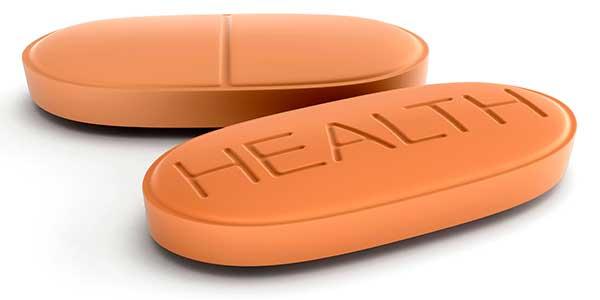Qualified Medical Expenses (QME)
This term is relevant for taxes and in particular tax deductions.
Qualified medical expenses are designated by the IRS. They include medical, dental, vision and prescription expenses.
♦ Qualified medical expenses can be deducted on Schedule A (Form 1040) as an itemized deduction.
IRS Publication 502 lists generally permitted medical and dental expenses.
Summarized from Publication 502
- Medical expenses are the costs of diagnosis, cure, mitigation, treatment, or prevention of disease, and the costs for treatments affecting any part or function of the body.
- These expenses include payments for legal medical services rendered by physicians, surgeons, dentists, and other medical practitioners. They include the costs of equipment, supplies, and diagnostic devices needed for these purposes.
- Medical care expenses must be primarily to alleviate or prevent a physical or mental defect or illness. They don't include expenses that are merely beneficial to general health, such as vitamins or a vacation.
- Medical expenses include the premiums you pay for insurance that covers the expenses of medical care, and the amounts you pay for transportation to get medical care. Medical expenses also include amounts paid for qualified long-term care services and limited amounts paid for any qualified long-term care insurance contract.
Qualified medical expenses are eligible for reimbursement through a Health Savings Account (HSA) as long as they are not reimbursed through insurance or other sources.
Be careful, any HSA funds used for non-qualified expenses will be taxable.





